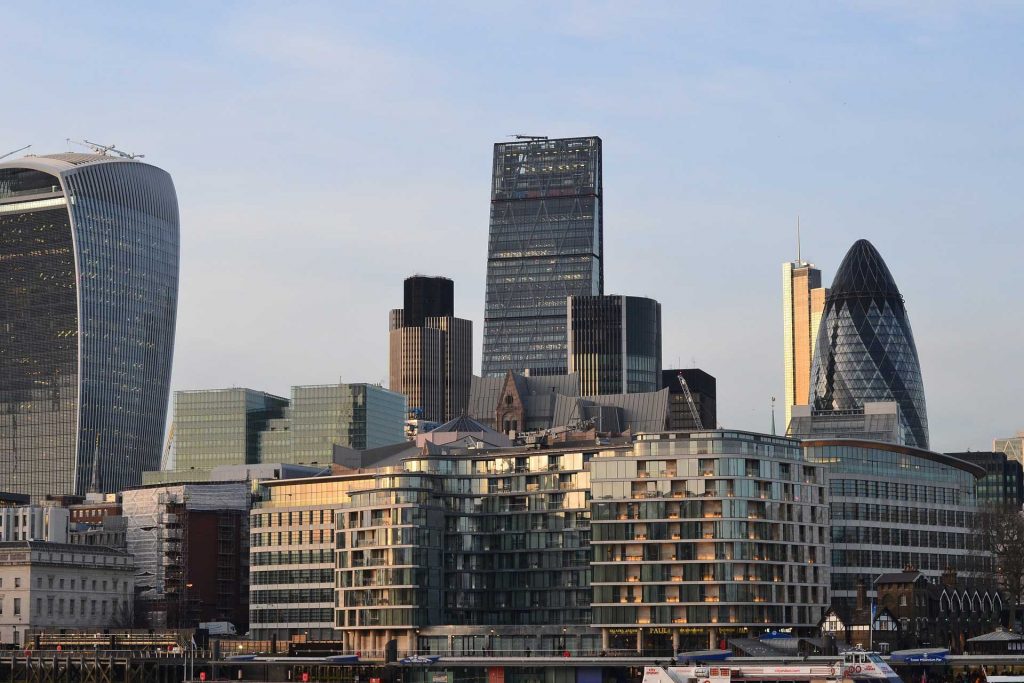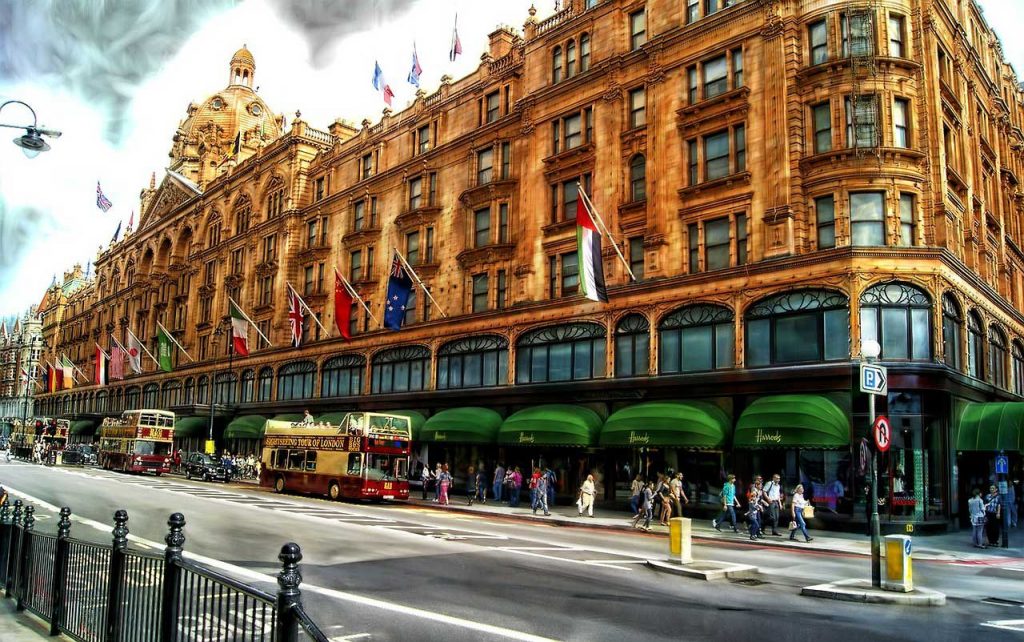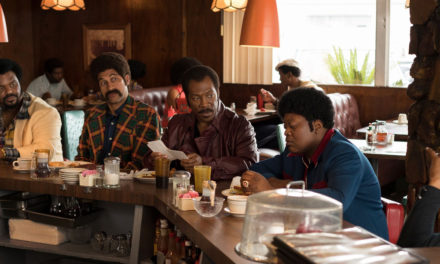The jury is still out if Britain’s global brand has suffered irreparable damage as a result of Brexit. Belong looks at the economy, culture and politics to see what effects Brexit is having on Brand Britain.
With Chaos in the House of Commons, the government at each other’s throats and a large part of the Conservative party in revolt, Brexit is turning into a mess. Most voters are either angry and disillusioned. The European press have been reporting on the Brexit fracas with a mixture of glee (that’s it not happening to them), amazement and disdain.
There have been warnings of the damage to the Britain’s economy by some of the UK’s most important companies and employers, including Airbus and Jaguar Land Rover. But what damage is really being done to the British brand and is the damage irreparable?
Is It All Really Because of Brexit?
Hugo Dixon, the chairman of In Facts, a journalistic enterprise making the fact-based case against Brexit, told Belong that there is a feeling abroad that we in Britain have “lost our way” because of Brexit. But he also believes that any damage to the British brand will be temporary.
In terms of investment decisions by businesses, its difficult to say exactly which ones are connected to Brexit and which ones are connected to other factors. For example, Honda announced in February that it will close its Swindon car plant by 2021 but insisted this was not as a direct result of Brexit.
Madeline Burns, Head of Communications at the Great Britain campaign, the government’s most ambitious marketing campaign to promote the UK internationally to date, told Belong that in terms of inward investment and tourism, Britain is still in high demand.
“In 2017 the UK was in the top 3 global destinations for foreign direct investment [and] Great Britain also ranked first in the Portland Soft Power 30,” she said, refereeing to a survey of how influential countries are in terms of sort power alone.
As the former British Prime Minister, Benjamin Disraeli, once said, “there are three kinds of lies: lies, damned lies, and statistics.”
But the fact is, is that the UK has already seen, “a big fall off in investment and we’re seeing the beginning of disinvestment,” said Dixon.
The UK is seeing its influence at the United Nations reduced and for the first time since it was formed 1945, Britain will not have a judge sitting at the International Court of Justice (ICJ). During final selection in November 2017, the British candidate withdrew, accepted defeat and allowed the rival Indian candidate to accept the vacancy, in what was widely seen as UK acceptance of diminished status in international affairs.
Here again Brexit may or may not have had a role in this, depending on how you view things, but certainly it would have been in the back of people’s minds that India will become a more significant trading partner for the UK post Brexit, and therefore should not be antagonised.
Emotions More Important Than Facts

Allyson Stewart-Allen, author of the book Working with Americans and CEO of the International Marketing Partners, which helps businesses and leaders internationalise, believes that there is an emotional side to Brexit, which is sometimes overlooked.
“Brexit is about alienation, protectionism, its about nationalism, that is not a very inclusive view in the current world of commerce that is interconnected,” she told Belong.
To the Brexiteers who believe that once out of the EU, Britain can look to the rest of the world to sign trade deals, she said, “that’s an insular and deluded view that Britain’s economic might is such that it doesn’t need the other member states of the EU to the extent that it actually does.”
Stewart-Allen explained that according to research she has seen, many member states in the EU feel that Britain is “throwing its toys out of its pram.”
“Continental EU states think they are being pushed away and rejected and how people feel has a huge impact on the decisions they make in business,” she said.
Capital Flight and Job Losses
There is no denying that Brexit has already led to a flight of jobs and capital from the City of London. Financial services account for massive 6.5% of GDP and London’s loss is the gain of rival European banking hubs such as Frankfurt and Paris.

Frankfurt Main Finance, a lobby group, has claimed that 800 million euros in financial assets and 10,000 jobs have already moved from London to Germany, although it was not possible to verify the exact accuracy of this claim.
US banking giants Morgan Stanley, Goldman Sachs and JP Morgan have also moved 250 billion euros to Frankfurt, while Barclays, a British owned bank, is shifting £166 billion of assets to its Irish division in Dublin.
The car industry is also taking a battering, and all its bosses are unanimous that Brexit is playing a significant role here. Honda is closing its Swindon plant, Jaguar Land Rover slashed its UK workforce and Nissan has pulled investment on two new models in Sunderland, that will now be built in Japan instead.
Investment decisions are often difficult to reverse, “so there are some things that will be permanent,” said Dixon.
What About Culture?
Fashion is another area where Britain’s brand as a global leader may be in danger because of Brexit. Although the fall in the value of the pound, has seen an influx of American, Chinese and Arab fashion tourists who spend a lot of money in the West End, this has been offset by an exodus of international talent from the industry; not only designers but shop and warehouse staff and delivery drivers.

However, there are some fashion brands that have benefitted from the changes brought about by Brexit. Fashion Eater, which makes clothes in Harringay, North London, has seen a surge in orders, as it is now cheaper to make clothes here than to import them.
Alison-Stewart warns that while British cultural brands are still impressive and effective for now, their success depends on diversity.
“The UK’s quality of output in the creative industries is very strong at the moment. But a lot of that is underpinned by continental influences and employees and we know that creativity and diversity have to be integrated,” she said.
“If your international people feel the UK is not a welcoming place for non-British people, which is the perception based on the research I’ve seen, then you have fewer people willing to come here to work, which means the quality of economic material is reduced,” she added.
Political Deadlock
The current chaos and deadlock in parliament has been ridiculed in the European and UK press. Jayne Adye, director of the pro-Brexit and anti-EU Get Britain Out Campaign, said in emailed comments to Belong that “the perception of the UK parliament is not favourable abroad and MPs have fundamentally lost the trust of the British people.” She placed the blame for the political deadlock at Westminster at the door of Remain supporting MPs but did not mention the Brexiteers in the Tory Party who have refused to back the Prime Minister’s deal.
It remains to be seen exactly how the events in Westminster will play out, and what kind of Brexit Britain will get, but in the long term, the increased political engagement of the British people with politics may be viewed as a good thing. “[Politics] has been frozen for years, but when MPs speak their mind, argue the case and come up with creative solutions, that could be viewed in retrospect as healthy,” said Dixon.
“I actually think its quite healthy what we are seeing, which is parliamentary democracy reasserting itself. It may well be that what we end up with is a healthier parliamentary debate,” he added.
The Future
Stewart-Allen believes that if Brexit happens, then the UK government will have to work hard to project an image that Britain is welcoming to foreign workers and business, and this will need to be in the form of concrete polices and flexible visa rules.
Hugo Dixon thinks that after Brexit the UK brand will be “even stronger”, although it was clear from our conversation that Dixon believes we will somehow stay in the EU. At least, on the fact that Brexit won’t damage the British brand, he and Jayne Ayde can agree.
]]>
- Why is California So at Risk from Wildfires? - 13th November 2019
- Carbon Offsetting is Growing but Does it Make a Difference? - 11th November 2019
- Three Confirmed Dead as Australia Prepares for “Catastrophic” Bushfires - 11th November 2019






